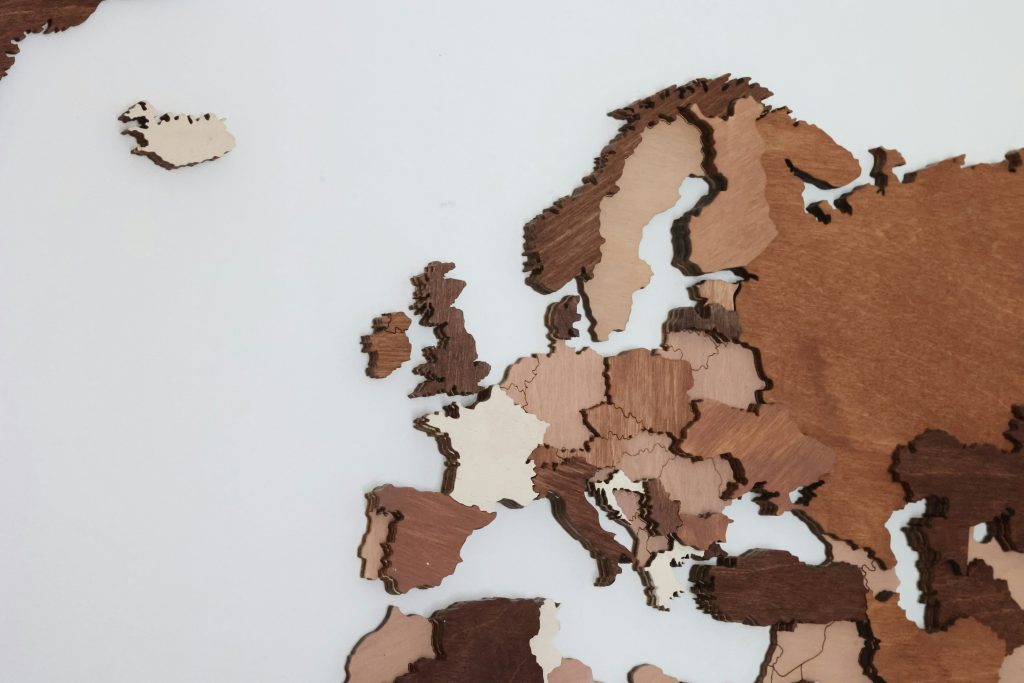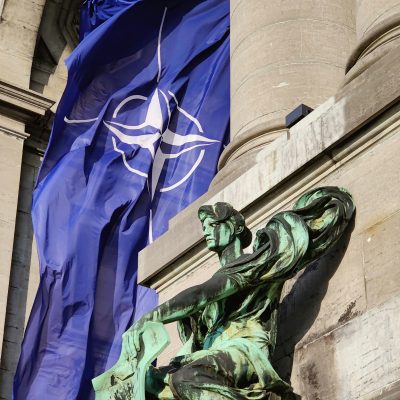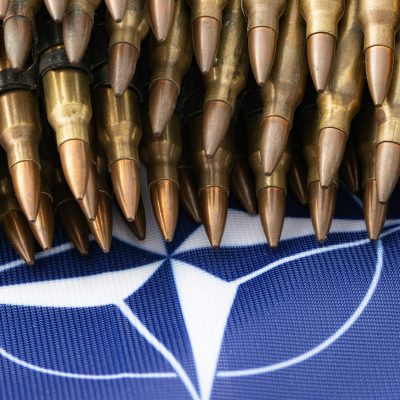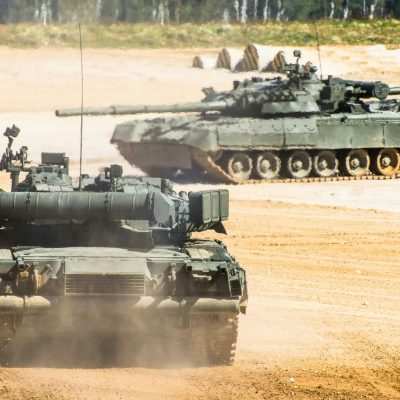[FR] Europe and Global Issues
This speech was given by Jacques Delors at the World Bank as part of a series of lectures he gave in the United States (26 March-4 April 2001).

Thank you for inviting me to share a few thoughts with you at this time of rapid change and uncertainty that characterises the evolution of the world. Starting with the problems facing the European Union, I do not wish to draw you into the important but intense debate that is taking place among European countries about their common future. I therefore propose to link this analysis of Europe’s future with the formidable challenges facing the world. For what can be achieved in one large region of the world can contribute, to a greater or lesser extent, to the establishment of a set of rules and practices designed to make our planet more liveable and peaceful and to ensure that its development is more sustainable.
That is why I will address the issue of the enlargement of the European Union – the largest and most difficult challenge it has ever faced – in the light of the concerns of those who, like you, are responsible for helping to resolve global issues.
Returning to the specific destiny of Europe, my view has always been, for the past ten years, that enlargement is our imperative duty, that we will achieve it, but perhaps at the expense of what we call ‘deepening’. However, there are a number of us who reject this prospect and want to build on the political and cultural heritage handed down to us by the founding fathers of Europe, such as Jean Monnet, Robert Schuman, Konrad Adenauer, Paul Henri Spaak and Alcide De Gasperi. This implies that a group of countries should move forward towards a form of political union for those who want it and are able to achieve it. I call this a “vanguard”. It seems to me that this is the only way for Europe to avoid merely managing a vague and precarious free trade area and instead assume its share of global responsibilities. For if the European Union acts and devotes significant resources to global objectives – such as development, aid to poor countries and humanitarian action – it will remain, in the absence of coherent thinking and deeper cooperation among its members, a kind of “chained Gulliver”.




